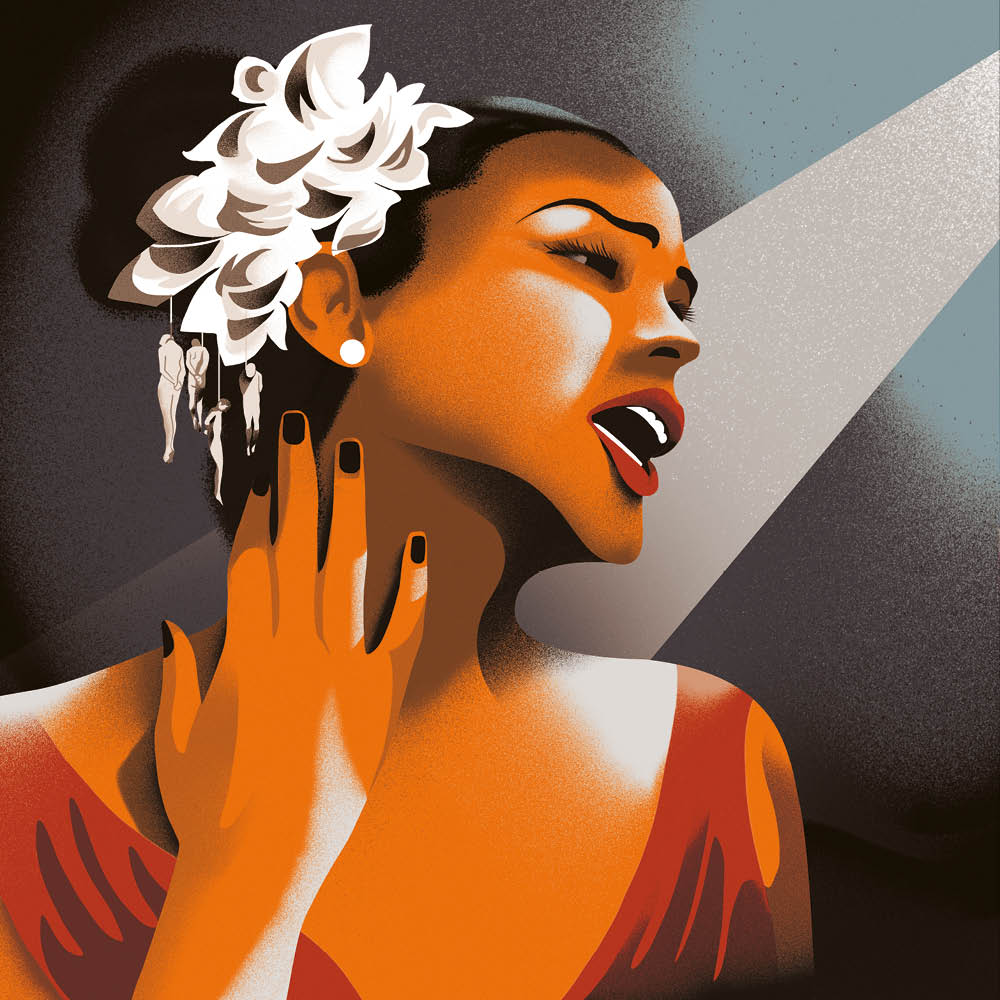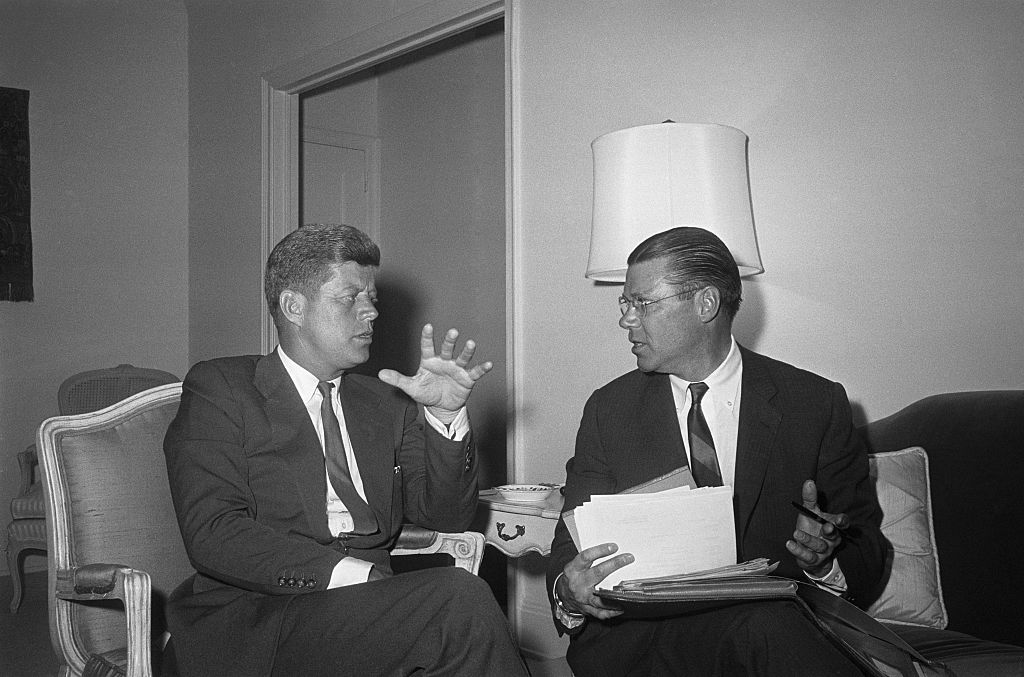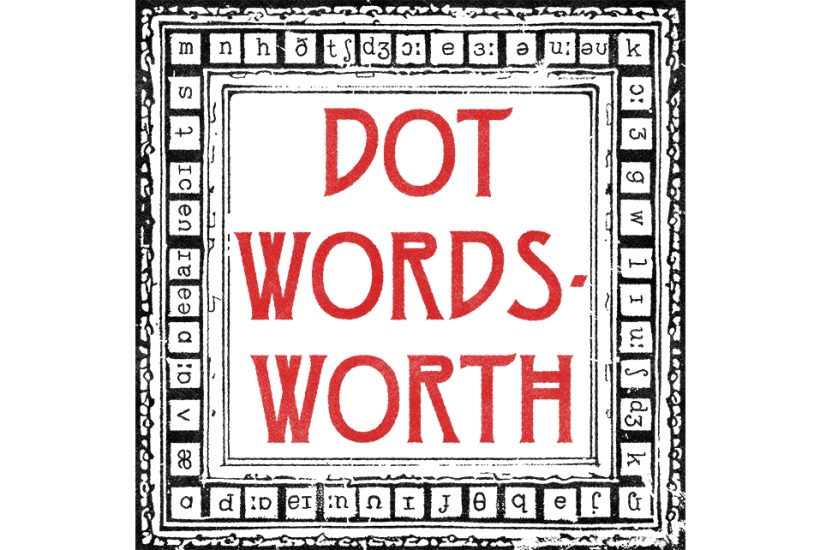If ever a singer were difficult to pin down, it was Billie Holiday (1915-59), whose harrowing life story was first told in an unreliable memoir published just three years before her death. With Lady Sings the Blues, the jazz legend known for her emotional honesty not only allowed herself to be misrepresented (after all, she wasn’t even a blues singer), but actively participated in fabricating the fake stories which proliferated through the book. Some of these — such as a misstatement of her place of birth — are still repeated to this day.
Two decades after the publication of Lady Sings the Blues a steady stream of more accurate biographies began to appear. Paul Alexander’s contribution to the Holiday bookshelf is a superb and very welcome one which does a remarkable job of making readers feel that they are eyewitnesses to the final year of the life of someone who, despite her physical deterioration, wasn’t aware — or wouldn’t acknowledge — that she was facing her end.
Alexander approaches Holiday’s life in a dynamic manner, moving through her final year chapter by chapter while regularly pausing to flash back to earlier periods and incidents. Bitter Crop zooms back and forth, setting each new 1958-59 development in the context of earlier experiences, all of which help us to understand Holiday, her state of mind and what was driving her.
By breaking down the last year into chapters, Alexander shows that hers wasn’t a straightforward decline; it was considerably more complicated and nuanced than that. Constants throughout her final year included her elegant appearance (and Alexander pays great attention to her chic style, which was clearly important to her), the career opportunities which continued to come her way — after all, she had, in June 1958, released an album, Lady in Satin, which she came to believe was “one of the best I’ve done” — her ability to swing and to “put over” a song, and the devotion of the friends who tried to persuade her to seek medical treatment and who did what they could to care for her at home.
Her health may have been steadily seeping away (she was drinking neat gin in between the occasional heroin fix and was barely eating), and her body was becoming frail and emaciated, but the other key areas of her existence — the quality of her voice, the response of critics and audiences, her personal life — veered between highs and lows until the very end. Within the span of two weeks, she endured harassment by US Customs agents which sent her spiraling as she convinced herself that she would be sent back to prison (she had served time in the late 1940s for possession of drugs), yet, ten days after the final, grueling hearing, she gave an impressive and powerful performance of three songs on television in London. She looked and sounded stronger than she had in a TV show recorded the previous year.
Even during her final two-and-a-half month hospitalization, it seemed as if she was going to pull through until, in one last act of vindictive persecution, NYPD cops arrested her for possession of narcotics as she lay strapped to machines in an oxygen tent. To complicate matters, some of the events in Holiday’s later life were simultaneously high and low points, depending on whose account one chooses to believe. Alexander sets out both. Holiday’s performance at the Monterey Jazz Festival, in October 1958, inspired extended ovations from the audience, yet one critic dismissed her as “washed-up,” while another described her voice as “a mere parody of its former beauty.” Alexander sums up the situation neatly:
It had become commonplace for critics to bash Billie. For years, they had been lamenting her loss of voice or pretending surprise when she turned in a successful performance. What they did not seem to understand was that Billie’s audience… knew her voice was not in the pristine condition it was in during the 1930s… the fans were there to hear her performance of the songs, which remained sincere, deeply sensitive, almost confessional. Her audience… connected with her on an emotional level. Like Judy Garland and Edith Piaf, Billie Holiday may have ended up offering a flawed version of a song, but it was perfect in its authenticity. As the years passed, her performance — her art — became different not only because her voice changed but also because she changed. As Miles Davis put it, “You know, she’s not thinking now what she was in 1937.”
With this book, Alexander is on a mission to correct what he sees as misrepresentations of Holiday’s life and personality, and to right the wrongs done to her, often by herself. She was, he says, talked out of giving her autobiography the title Bitter Crop — the last two words of “Strange Fruit,” her controversial protest song about a lynching — by the publishers. So here, in a book which aims to set the record straight, he becomes the first author to make use of the title she preferred.
The result is an extraordinarily compelling, vivid and often heartbreaking biography which is guaranteed to send readers straight to YouTube to form — or revise — their own opinion of the television appearances, final albums and that Monterey concert. In death, as in life, Billie Holiday provokes debate, divides opinion — and, thanks to Paul Alexander’s sensitive handling of the subject, inspires affection.
This article was originally published in The Spectator’s April 2024 World edition.























Leave a Reply